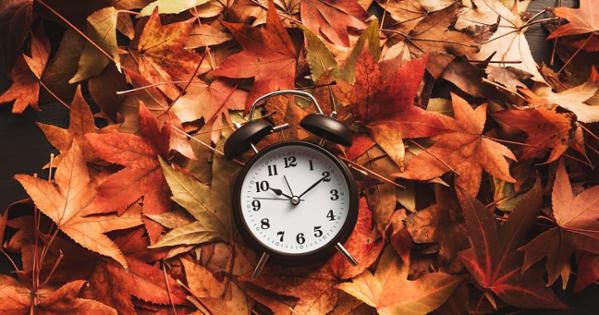Race Against the (Circadian) Clock

Ready or not, it’s time to fall back.
At 2 a.m. on Sunday, most Americans will turn back their clocks to mark the end of this year’s daylight saving time. Despite the extra hour of sleep each fall, a YouGov poll earlier this year found that 62 percent of respondents would suspend the century-old practice, and recent efforts in Congress have aimed to do just that.
“This ritual of changing time twice a year is stupid,” Senator Marco Rubio (R-FL) said in a press release earlier this year after reintroducing the Sunshine Protection Act. “Locking the clock has overwhelming bipartisan and popular support.”
Since it was first signed into law by President Woodrow Wilson as an energy-saving effort 105 years ago, Americans have quibbled about the usefulness of daylight saving time. Over the last century, Congress has tinkered with the tradition, though it has largely remained in place since 1987.
But the time change isn’t just inconvenient—or odd to residents of Arizona and Hawaii, who don’t observe the practice—it can have serious implications for our health. AU Now talked with Brenda Chow, professorial lecturer in AU’s Department of Biology, about the impact of falling back and springing forward on our circadian clocks.
Which is worse: falling back or springing forward?
While my primary responsibility now is teaching, my past research focused on understanding the genes involved in the circadian clock, a cue all organisms have that sets the day in motion once the sun comes up and the temperatures warm.
When we think about our health, the most ideal situation for our bodies and circadian clocks is to align our activities with the sunlight. When the time changes in the spring and fall, our bodies become disconnected from routine dictated by our internal mechanisms.
Springing forward is generally more challenging for humans because we’re losing an hour of sleep and we’re misaligned with what the sun is doing outside. It’s like jetlag. That’s when we see higher incidence of car accidents, strokes, and heart attacks because tiredness depresses the circadian clock. When we fall back, there is still a disconnect, but most of us are extending our sleep, so it’s not as detrimental.
It would be more beneficial for our health to permanently be on standard time instead of daylight saving time. If we stayed on the former, we wouldn’t have to wake up in the dark as much and our activities would be better aligned with the sunlight.
